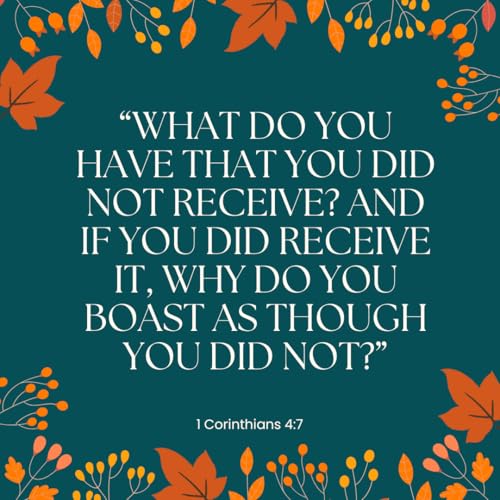
The Parables of Jesus: Love and Liberation
カートのアイテムが多すぎます
カートに追加できませんでした。
ウィッシュリストに追加できませんでした。
ほしい物リストの削除に失敗しました。
ポッドキャストのフォローに失敗しました
ポッドキャストのフォロー解除に失敗しました
-
ナレーター:
-
著者:
このコンテンツについて
The Parables of Jesus: Love and Liberation (Luke 16 & Mark 10) - Pastor Donnell Wyche - a2vc.org. Like us on fb.com/vineyardannarboror watch our livestream Sundays @ 11:00am - vimeo.com/annarborvineyard
Summary:
In this sermon, The Parables of Jesus: Love and Liberation, Pastor Donnell Wyche explores two passages—Luke 16's parable of the unjust steward and Mark 10's encounter with the rich young ruler—to reveal a God who prioritizes mercy, freedom, and love over judgment and accounting. Pastor Donnell begins by reimagining the parable of the unjust steward, challenging traditional interpretations focused on fairness or stewardship. Instead, he suggests the story unveils a merciful master—a type and shadow of God—who absorbs loss rather than demands repayment. This master, like God, refuses to operate on the logic of karma or retribution, inviting listeners to see the cross not as a transaction of debt but as an announcement of divine liberation.
Building on this framework, Pastor Donnell introduces the Christus Victor atonement theory, which sees Jesus' work on the cross as the decisive defeat of the powers that enslave humanity—sin, death, shame, violence, and fear. Rather than satisfying an angry God, Christ's victory liberates us from these forces that distort our identities and relationships. Through examples of Jesus healing the sick, casting out demons, feeding the hungry, and forgiving sins, Pastor Donnell paints a vivid picture of the kingdom of God breaking into the world wherever bondage is replaced by freedom. Each act of compassion and mercy becomes an announcement that God's reign is here and that liberation, not condemnation, is the heart of the gospel.
Turning to the rich young ruler, Pastor Donnell invites listeners to see a man not as a villain but as deeply sincere—and deeply anxious. Though devout and blessed, the ruler still feels restless, unable to imagine life apart from his wealth. Jesus' loving gaze—"he looked at him and loved him"—becomes the center of the gospel, revealing that belonging precedes transformation. Jesus doesn't shame the man but names the power that holds him captive and invites him into freedom. Pastor Donnell concludes with a pastoral challenge: to name the powers that hold us captive—money, fear, anxiety, status—and to ask God not for help balancing our moral ledgers but for liberation. In Christ, he reminds us, freedom is both the invitation and the outcome of divine love.


